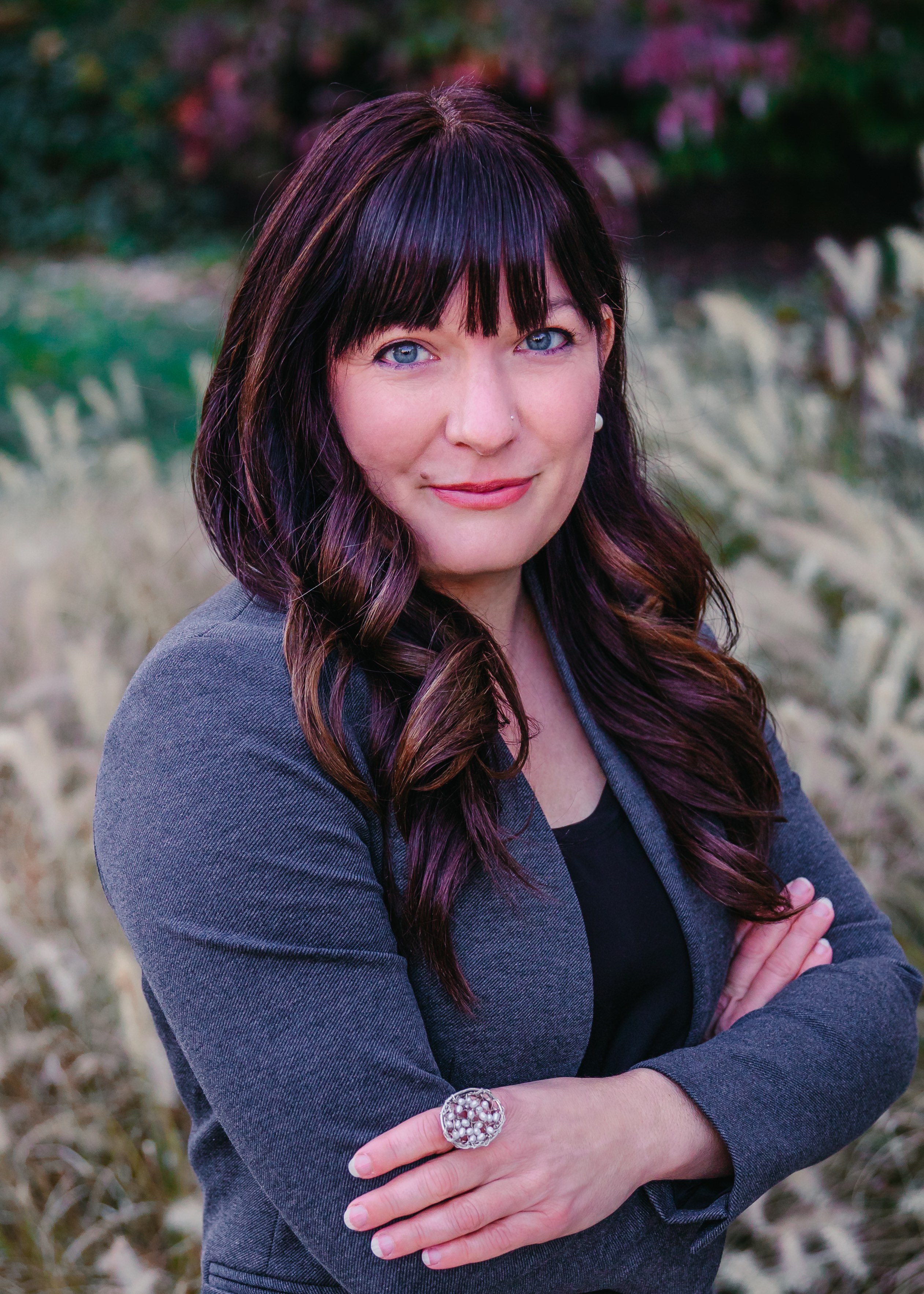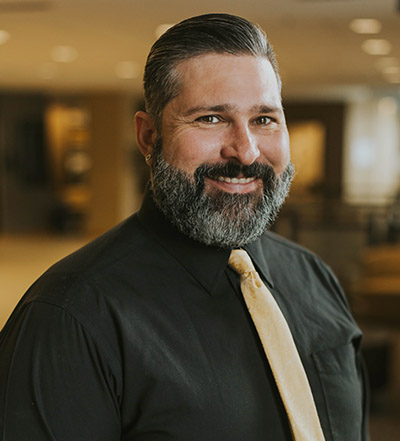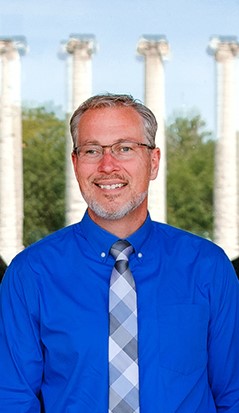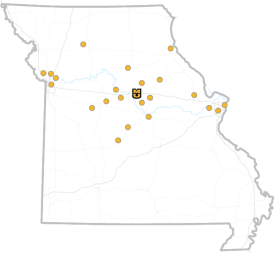Get started with Mizzou
ApplyMaster of education
You care deeply about ensuring every student receives the quality education they deserve. That’s why you are drawn to this 100% online master of education in special education from the University of Missouri. As one of several top-ranked online graduate programs from Mizzou’s College of Education & Human Development, this program allows you to earn a degree that advances your career and increases your earning potential, even while working full time.
This program is ideal for working educators with teacher certification. The knowledge you develop in this program can have an immediate impact on your classroom. You’ll learn essential skills and strategies for differentiating instruction for at-risk learners, students with disabilities, those with exceptional language development and literacy skill and for cross-category students.
The program also provides a unique opportunity to build expertise in a specific area. Fifteen of your 30 required credit hours are dedicated to electives, so you can focus on the areas that interest you most. When you complete this program, you will have the degree you need to further a career in secondary education, work as a paraeducator or as an administrator. Mizzou’s graduate education will take you and your students beyond.
Quick facts
Official name
Master of Education in Special EducationCampus
Program type
Master's degreeAcademic home
College of Education & Human Development | Department of Special EducationDelivery mode
100% onlineAccreditation
Higher Learning CommissionCredit hours
30Estimated cost
$17,697.00*This cost is for illustrative purposes only. Your hours and costs will differ, depending on your transfer hours, your course choices and your academic progress. See more about tuition and financial aid.

Career prospects
Job titles include:
- Interventionists
- Paraeducators
- School administrators
- School psychologists
- Special education specialists
- Teachers
Program structure
Delivery of this program is 100% online: no campus visits are required.
Courses are cohort-based. Most students study part time, taking one to two classes per semester, and complete the course work in just two to three.
Coursework includes
- Advanced behavior management
- Transition in special education
- Collaboration and consultation
- Assessment and evaluation
- Evaluation and data-based decision-making
- Electives in differentiating instruction, autism, cross-categorical special education and more
Delivery
100% onlineCalendar system
Semester-basedTypical program length
2-3 yearsTypical course load
1-2 classes per semesterAccreditation
University of Missouri is accredited by the Higher Learning Commission, one of six regional institutional accreditors in the United States.
Faculty spotlight

Jena Randolph is an assistant research professor and the training and education division director with the University of Missouri’s Thompson Center for Autism and Neurodevelopment. Her experience has a focus on collaborative and coordinated care for individuals with autism and developmental disabilities. She is one of the primary developers of the Training Experts in Autism for Missouri (TEAM) program, which provides autism training and support to professionals across disciplines throughout the state and of the Self-Determined Transition Readiness through Individual Vocational Experiences (STRIVE) program, which provides direct instruction, work experiences and peer mentorship to enhance employment readiness for young adults with autism.

Chad Rose is an associate professor in the Department of Special Education at the University of Missouri and the director of the Mizzou Ed Bully Prevention Lab. Dr. Rose’s research focuses on the intersection of disability labels and special education services within the bullying dynamic, unique predictive and protective factors associated with bullying involvement among students with disabilities and bully prevention efforts within a multi-tiered educational framework.

Matthew Burns directs the Center for Collaborative Solutions for Kids, Practice, and Policy and serves as co-director of the Missouri Partnership for Educational Renewal. Dr. Burns has published over 200 articles and book chapters in national publications, and has co-authored or co-edited 15 books. He is a Past Editor of School Psychology Review and Assessment for Effective Intervention. Dr. Burns is one of the leading researchers regarding the use of assessment data to determine individual or small-group interventions, and has published extensively on response to intervention, academic interventions, and facilitating problem-solving teams. In addition, Dr. Burns was also a practicing school psychologist and special education administrator before becoming an academic, and served on the faculty of the University of Minnesota for 10 years and Central Michigan University for 5 years. He received the 2020 Senior Scientist Award from Division 16 (School Psychology) of the American Psychological Association.

